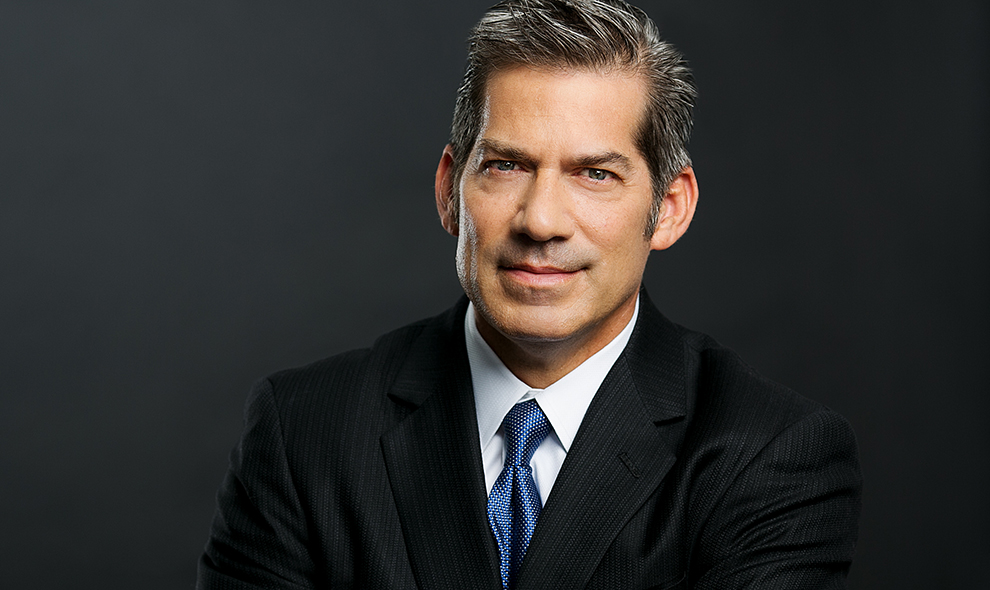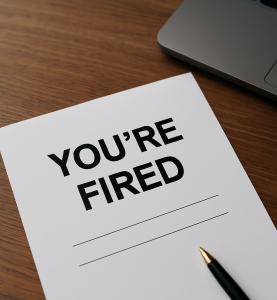To give a basic definition, what is whistleblowing?
Generally speaking, whistleblowing is the act of disclosing an improper act to someone who has the ability to do something about it. In the parlance of whistleblower statutes, complaining is referred to as “engaging in a protected activity”, which essentially means an employee has observed a specific type of activity (usually an illegal or improper act or failure to comply with the law) and then complained about it. In most employment whistleblower cases, employees are typically required to show retaliation in the form of an “adverse employment action”, which means they have been demoted, fired, or suffered some tangible loss.
What laws exist on the state and federal level to protect whistleblowers in California?
There are numerous federal and state statutes providing whistleblower protection to individuals and employees. Most of these statutes apply to very specific industries or practices. For example, at the federal level, individuals who complain of bank, wire or mail fraud at a publicly traded company might seek protection under the Sarbanes-Oxley Act or the Anti-Money Laundering Act, while employees who complain about fraud against the government might turn to the False Claims Act. California itself has approximately fourteen whistleblower statutes, and most cover specific areas of commerce. Whistleblower laws cover the airline, environmental, financial, health insurance, nuclear and public transportation industries.
Whistleblower statutes can be difficult to navigate. The Federal government has attempted to simplify the enforcement of some federal whistleblower statutes by giving enforcement power to the Occupational Safety and Health Administration (“OSHA”), which enforces more than twenty whistleblower statutes alone. However, each statute has its own set of reporting procedures and remedies. Some statutes create a private right of action, allowing the complainant to file a lawsuit, while others merely offer administrative remedies not particularly designed to make a Plaintiff whole.
[ymal]
In California there are two sources of protection that offer broad protection regardless of the industry and practice. Equally important, both allow employees to seek a full range of damages in court.
The first is California’s Labor Code Section 1102.5. This statute protects employees who have disclosed violations of federal, state, or local statutes or regulations. There are three provisions in this statute that make it powerful. First, employees do not have to complain to a governmental agency; they can complain to someone at their job who has the authority to address the conduct in question. Second, employees do not have to prove that a violation of the law actually occurred; so long as the employee had a reasonable belief that there was a violation, protection is provided. Finally, employees are protected not just for complaining, but for refusing to participate in illegal conduct.
The second source of protection is California’s Fair Employment and Housing Act (“FEHA”). FEHA is a particularly robust statute that, among other things, prohibits discrimination and retaliation in the workplace. Although this statute is not typically considered a “whistleblower” statute, it acts like one. It prohibits retaliation for complaining of harassment or discrimination and/or for refusing to participate in harassment or discrimination. Importantly, it provides employees with the right to pursue economic and non-economic damages in court, as well as punitive damages and attorneys’ fees.
What significant case law has built up around the practice of whistleblowing?
As of January 2021, California Labor Code Section 1102.5 was amended to allow a court to award attorneys’ fees to prevailing employees. The intent behind this amendment was to encourage whistleblowers to come forward. This amendment is particularly significant, given that this statute is by far the most-used whistleblower law in the state.
Are there any particularly common signs that an employee is facing unlawful retaliation for reporting wrongdoing?
Retaliation comes in many forms. Some employees are demoted, while others are transferred, forced to quit, or are set up and then fired. Each act is designed to cover up, discredit, or silence the employee. Regardless of the outcome, however, almost every adverse employment action starts the same way; with shunning. Communication becomes unusually formal. The complaining employee is excluded from meetings. Access to information is taken away. Responsibilities are given to others. Shunning can be devastating and, by the time the employee has been fired, anxiety and emotional distress have already affected their lives. Shunning is a lonely, human experience that every juror understands.
As of January 2021, California Labor Code Section 1102.5 was amended to allow a court to award attorneys’ fees to prevailing employees.
What legal recourse is available to employees in this situation?
Remedies under the various whistleblower statutes vary widely. Most will offer backpay and reinstatement. Others offer rewards. However, not all whistleblower statutes offer an employee an opportunity to seek monetary damages in court, and the road to relief is equally varied. Complaints can be adjudicated administratively, in federal court, or in state court. When multiple statutes apply, an employee may be faced with a tradeoff; do they give up certain remedies in exchange for a better forum or a more relaxed procedure?
Fortunately, employers that violate California Labor Code section 1102.5 may be ordered to reinstate whistleblowers with backpay and benefits (Labor Code section 98.6(b)), pay the employee’s actual damages (Labor Code section 1105), and/or pay a civil penalty of $10,000 for each violation (Labor Code section 1102.5(f), 98.6(b)(3)). As of January 2021, employees may also seek attorneys’ fees if they have brought a successful action under that statute. Similar relief is available under FEHA.
The significance of whistleblowing has become fixed in the public consciousness. Do you feel that the culture surrounding whistleblowing has begun to change?
Yes, but in a complex way. Many companies have learned that it is good business to have a complaint hotline in their glossy employee handbook. It makes the company look good. In reality, no company likes to have its operation interrupted by a whistleblower, and I suspect many are happy not to know about violations or non-compliance with the law.
What is changing is how jurors perceive whistleblowers. On one hand, we have become willing to identify inappropriate conduct in the workplace and talk about it. On the other hand, we have become polarised. Terms like “cancel culture”, “microaggression”, “Karen” and “snowflake” have made it into our lexicon, and attorneys have to consider the possibility of whistleblower fatigue. Will a plaintiff be viewed as being overly sensitive? A good attorney will spend time on the employer’s conduct -- the lengths the employer took to cover up the complaint or set the employee up for termination.
Do you foresee any major legislative changes related to whistleblowing on the horizon?
While there has been some fine-tuning over the years to address whistleblowing protection in California, what is still unknown is how whistleblowing statutes will change based upon COVID-19 related precautions. Will California adopt specific whistleblowing statutes protecting employees who complain about PPE shortages, non-compliance with social distancing, or mask requirements? Will employees protesting vaccine requirements at work find protection as whistleblowers?
A good attorney will spend time on the employer’s conduct -- the lengths the employer took to cover up the complaint or set the employee up for termination.
What advice would you offer to an employee who would like to address wrongful conduct in the workplace but is afraid of retaliation?
We frequently receive calls from employees who suspect that they are being set up for termination because they have said something or refused to do something they felt was not right. I tell my clients that one of the hardest things to do is to be clear and assertive with human resources. While doing so may forever change their comfortable work environment, it takes some of the control away from unscrupulous actors who might be looking to paint a false picture of the employee’s performance, conduct, or behaviour. Doing so also helps employees maintain credibility down the road.
About Jim Urbanic
How do you measure your success?
I know we have done a good job when our clients are happy with the result and feel that they made a difference. I know we have made an impression when our opposing counsel starts referring cases to my firm.
Is there a particular creed or motto that you live by when it comes to ensuring results for your employees?
Fight back, and when you do, fight hard.
James Urbanic, Founder
Urbanic & Associates
Address: 6080 Center Drive, 6th Floor, Los Angeles, CA 90045-9205
Telephone: 310-216-0900
Fax: 310-216-0900
Email: jurbanic@urbaniclaw.com
I am James Urbanic. I am the principal attorney with Urbanic & Associates, a litigation firm located in Los Angeles. We are trial attorneys. Although we focus on representing employees who have suffered from retaliation, discrimination, or harassment, we take on cases we believe in. I have successfully obtained a number of large verdicts on behalf of my clients, and in each of those cases I saw something in my client that made me want to help them tell their story to a jury. Opposing counsel often ask me, “How do you decide which cases you want to take all the way to trial?” My answer is pretty simple: I want to take every one of our cases to trial.





















